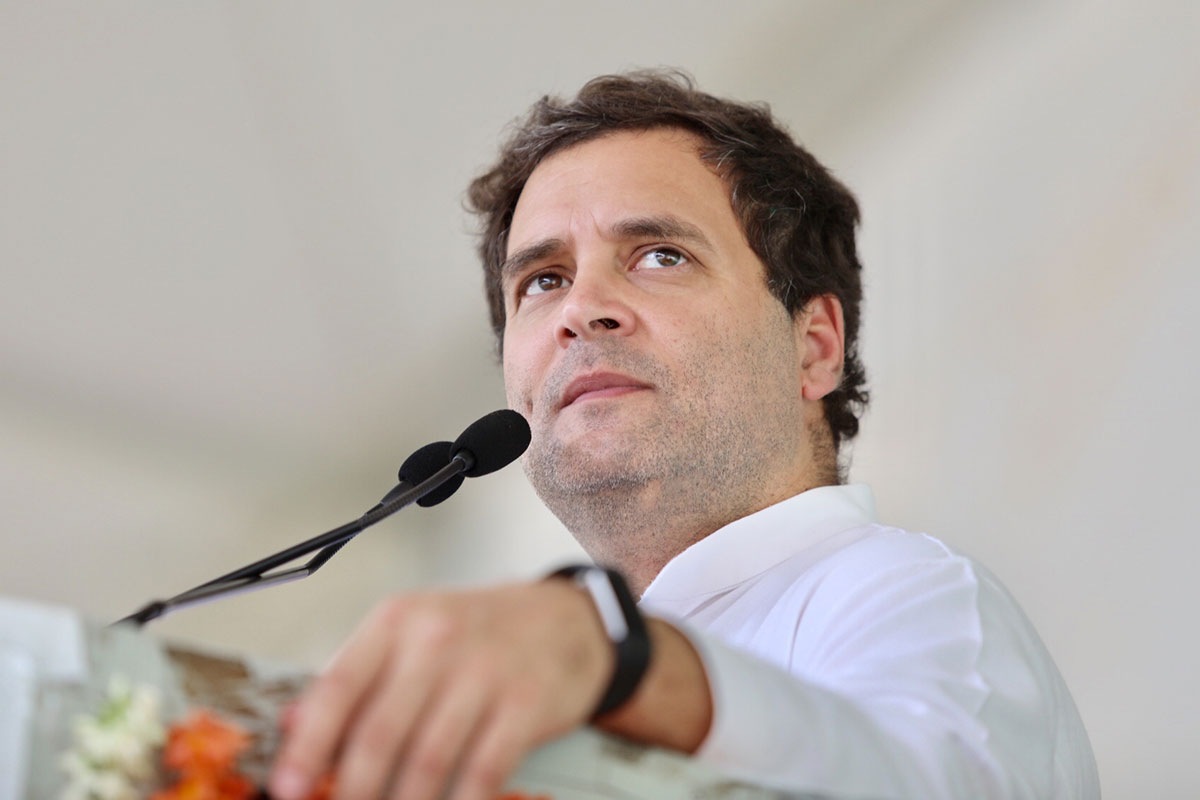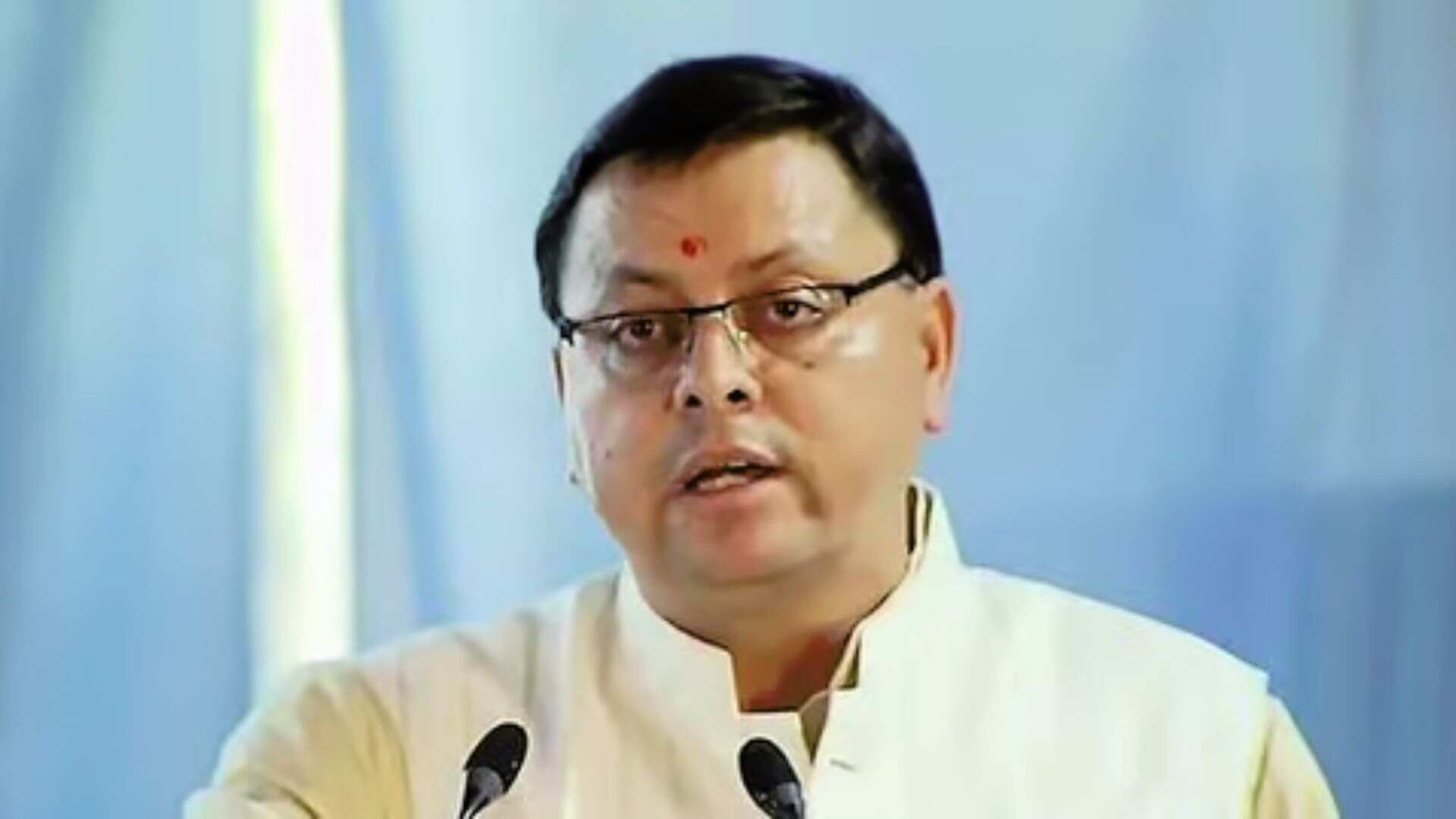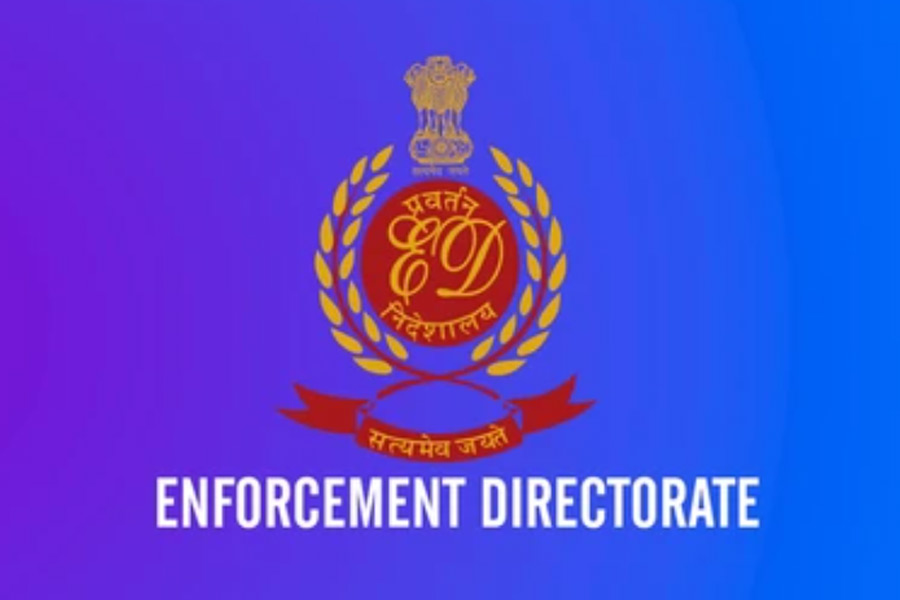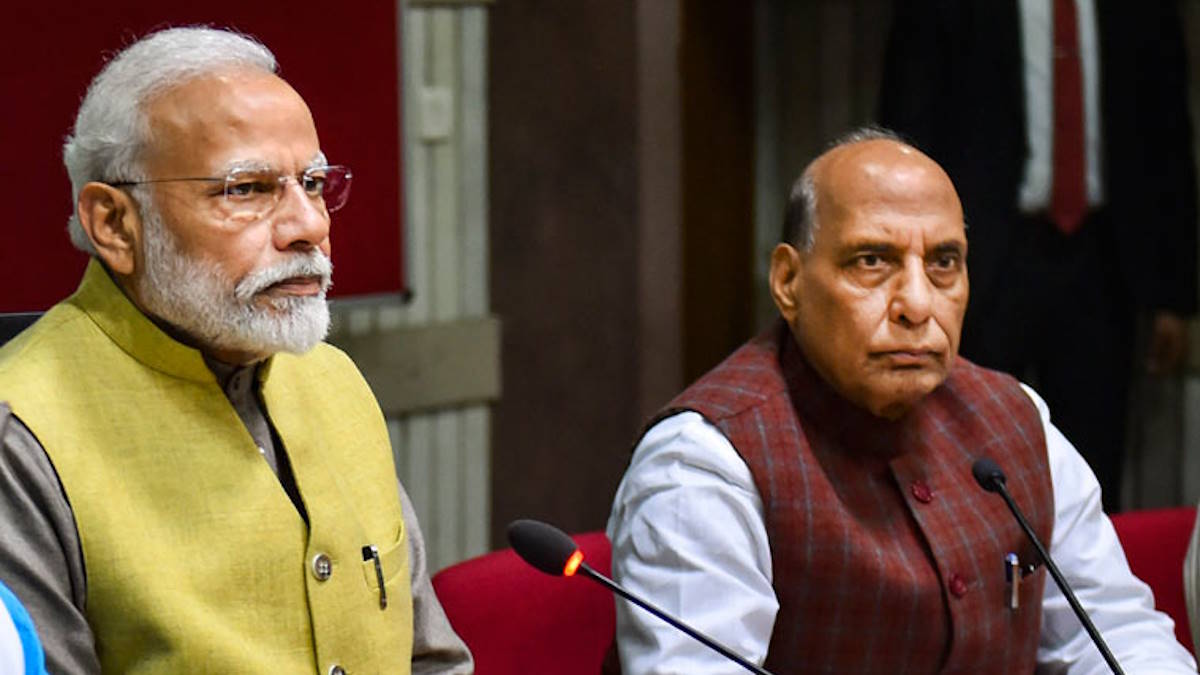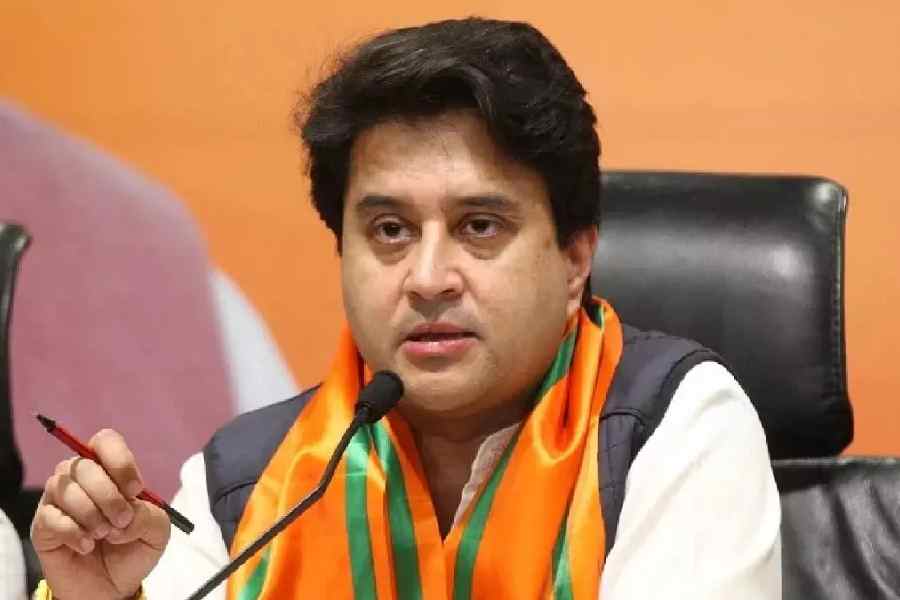Samsung claims sleek new laptops are lightest on market, at just 1.8lbs
Tue 20 Dec 2016, 14:59:33
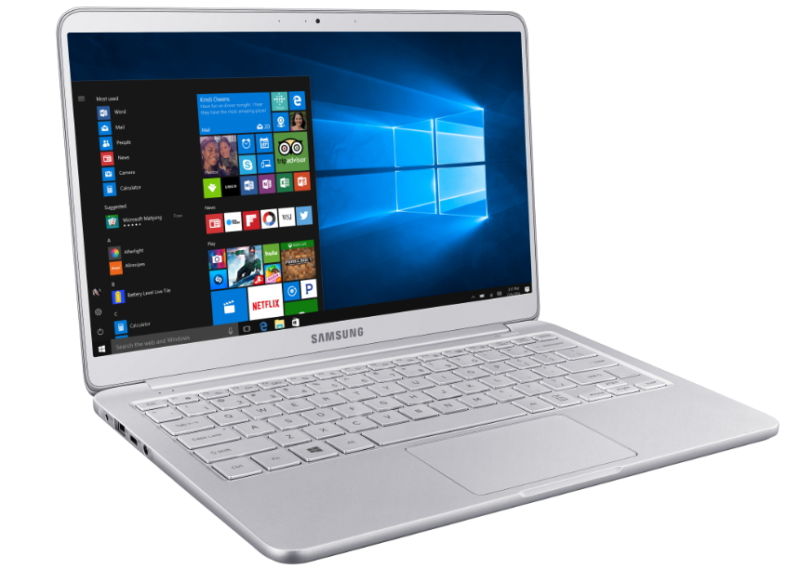
Samsung may not be keeping its PC division around too much longer—the company stopped selling PCs in Europe a few years ago, and rumors abound that it wants to sell the division to Lenovo. But, for now, the company is still making PCs, and, ahead of CES, Samsung has announced a couple with the bold claim that they're the lightest on the market.
The new Notebook 9 comes in a 13.3-inch and 15-inch version, with the smaller of the two weighing just 1.8lbs. That's a full pound less than our current laptop pick, the HP Spectre x360, and it even comes in 0.2lbs less than Apple's MacBook. Indeed, even the 15-inch version, at 2.17lbs, comes in at a lower weight than these 13-inch competitors. The new Samsungs are thin, too; 14.9mm for the large screen, 13.9mm for the small one. If thin and light are what you crave above all else, Samsung's hardware is worth looking at.
On the inside, the Notebook 9 uses (unspecified) Intel Kaby Lake i5 and i7 processors. We assume these are ultra low-power Y series parts. While the different-size screens offer different diagonals, they seem to be otherwise equivalent: 1920×1080, 350 nits brightness with a 500 nit "outdoor mode." Unusually, Samsung claims them to be high dynamic range screens, though the company does not specify if they support HDR-10 or some other specification. At 13.3 inches, you get a SATA SSD, up to 256GB, and up
to 16GB RAM; at 15 inches, you get upgraded to an NVMe SSD and up to 256GB, though oddly the spec sheet says that this only goes up to 8GB RAM. Both include 2×2 802.11ac, Bluetooth 4.1, a 720p webcam, and an integrated fingerprint reader with Windows Hello support. Both devices also include two USB 3.1 generation 1 ports, one USB Type-C port that's also used for charging, an HDMI port, a microSD reader, and a headset jack. The 15-inch device adds a USB 2 port into the mix.
The lack of Thunderbolt 3 means they don't hit all our desired features, and the use of SATA on the 13-inch device is also a little disappointing.
Given the light weight and slim size, don't be surprised to find a compromise somewhere. That's the battery. Both systems come only with a 30Wh battery, with even Samsung only estimating seven hours of battery life. Those competing systems may weigh a pound more, but they're boasting three-to-six more hours of life away from an outlet in return. As partial compensation, the Notebook 9's battery supports fast charging; a full charge can be done in 80 minutes, and more than two hours worth can be added in 20 minutes. The Notebook 9 doesn't appear too picky about its charger, either; Samsung says that even smartphone chargers that support USB Type-C will be able to charge it (though obviously at a slower rate than the 45W charger that Samsung provides).
The new Notebook 9 comes in a 13.3-inch and 15-inch version, with the smaller of the two weighing just 1.8lbs. That's a full pound less than our current laptop pick, the HP Spectre x360, and it even comes in 0.2lbs less than Apple's MacBook. Indeed, even the 15-inch version, at 2.17lbs, comes in at a lower weight than these 13-inch competitors. The new Samsungs are thin, too; 14.9mm for the large screen, 13.9mm for the small one. If thin and light are what you crave above all else, Samsung's hardware is worth looking at.
On the inside, the Notebook 9 uses (unspecified) Intel Kaby Lake i5 and i7 processors. We assume these are ultra low-power Y series parts. While the different-size screens offer different diagonals, they seem to be otherwise equivalent: 1920×1080, 350 nits brightness with a 500 nit "outdoor mode." Unusually, Samsung claims them to be high dynamic range screens, though the company does not specify if they support HDR-10 or some other specification. At 13.3 inches, you get a SATA SSD, up to 256GB, and up
to 16GB RAM; at 15 inches, you get upgraded to an NVMe SSD and up to 256GB, though oddly the spec sheet says that this only goes up to 8GB RAM. Both include 2×2 802.11ac, Bluetooth 4.1, a 720p webcam, and an integrated fingerprint reader with Windows Hello support. Both devices also include two USB 3.1 generation 1 ports, one USB Type-C port that's also used for charging, an HDMI port, a microSD reader, and a headset jack. The 15-inch device adds a USB 2 port into the mix.
The lack of Thunderbolt 3 means they don't hit all our desired features, and the use of SATA on the 13-inch device is also a little disappointing.
Given the light weight and slim size, don't be surprised to find a compromise somewhere. That's the battery. Both systems come only with a 30Wh battery, with even Samsung only estimating seven hours of battery life. Those competing systems may weigh a pound more, but they're boasting three-to-six more hours of life away from an outlet in return. As partial compensation, the Notebook 9's battery supports fast charging; a full charge can be done in 80 minutes, and more than two hours worth can be added in 20 minutes. The Notebook 9 doesn't appear too picky about its charger, either; Samsung says that even smartphone chargers that support USB Type-C will be able to charge it (though obviously at a slower rate than the 45W charger that Samsung provides).
No Comments For This Post, Be first to write a Comment.
Most viewed from International
Most viewed from World
AIMIM News
Latest Urdu News
Most Viewed
May 26, 2020
Which Cricket team will win the IPL 2025 trophy?
Latest Videos View All
Like Us
Home
About Us
Advertise With Us
All Polls
Epaper Archives
Privacy Policy
Contact Us
Download Etemaad App
© 2025 Etemaad Daily News, All Rights Reserved.





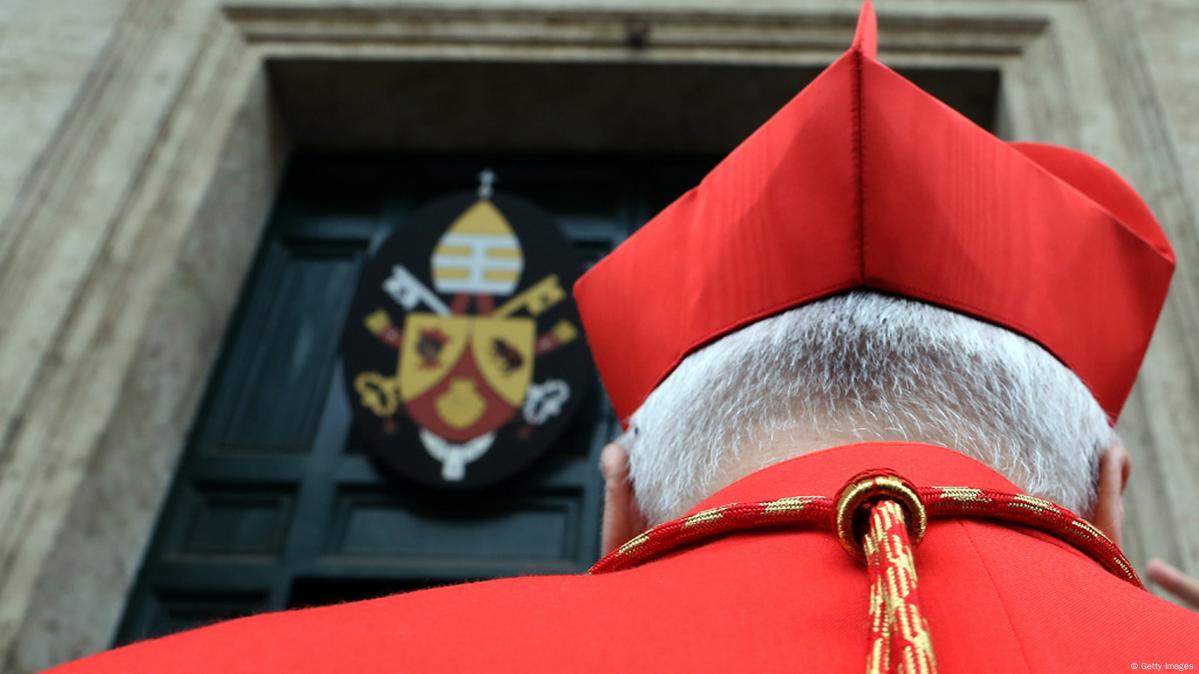
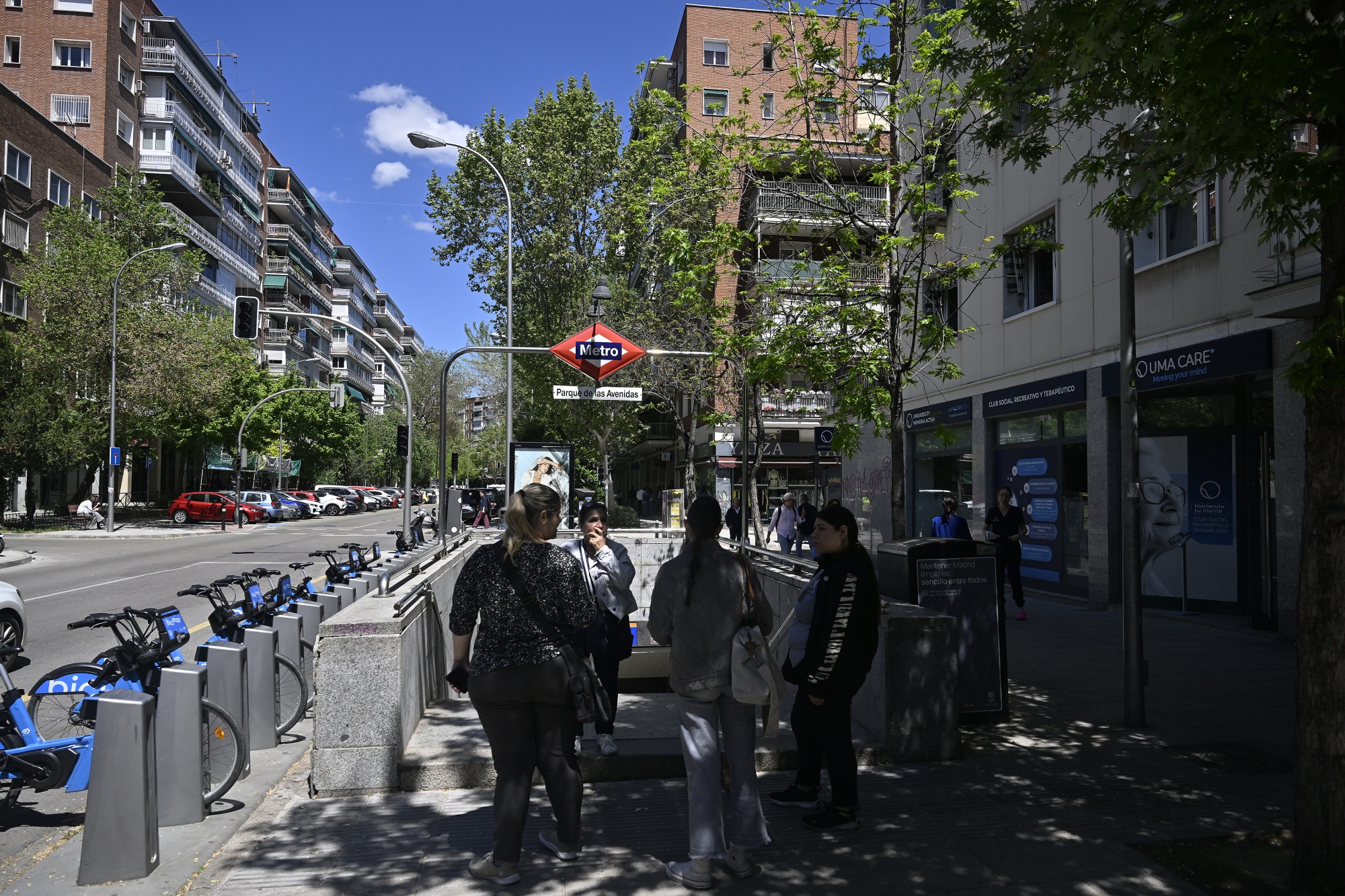



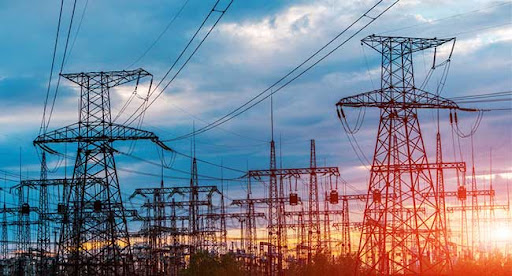
.jpg)

